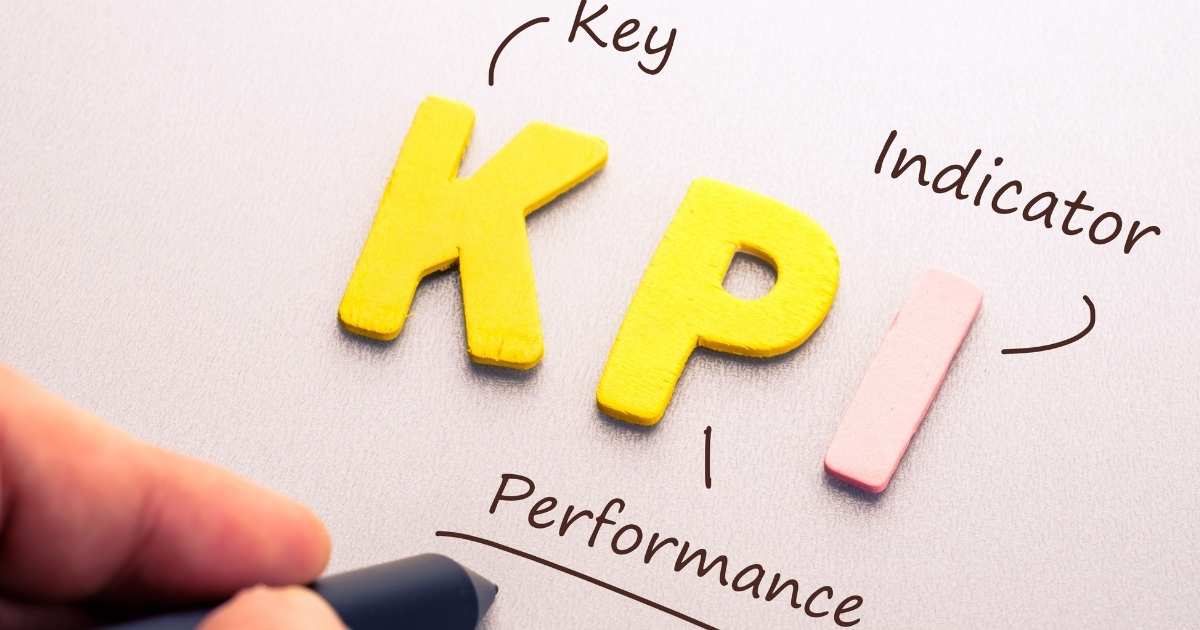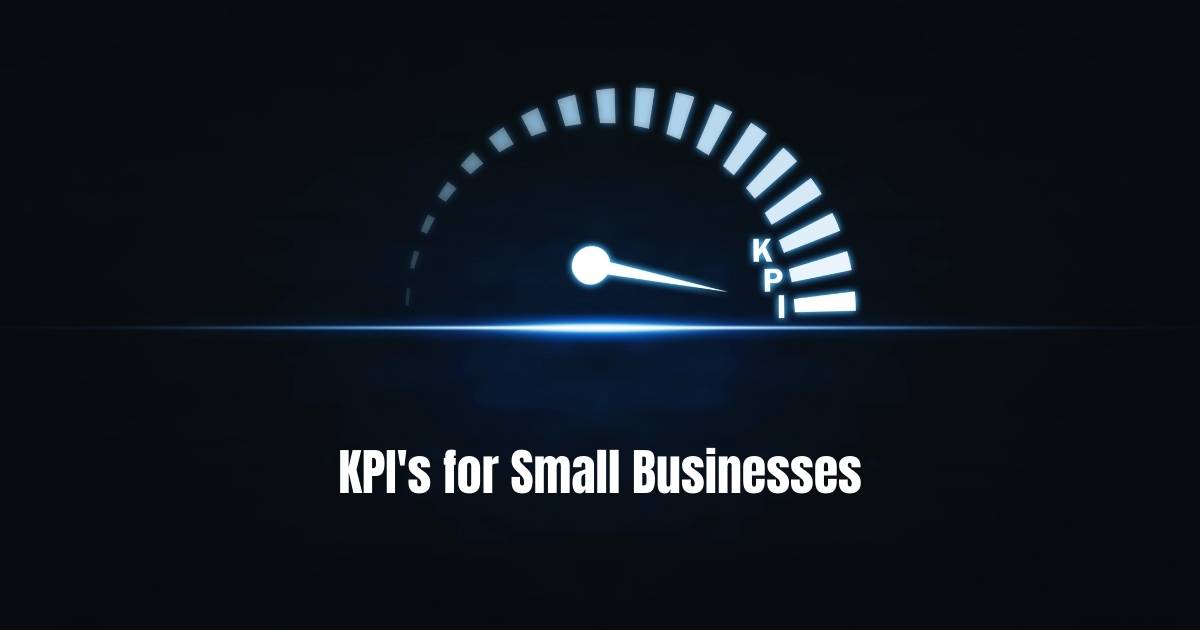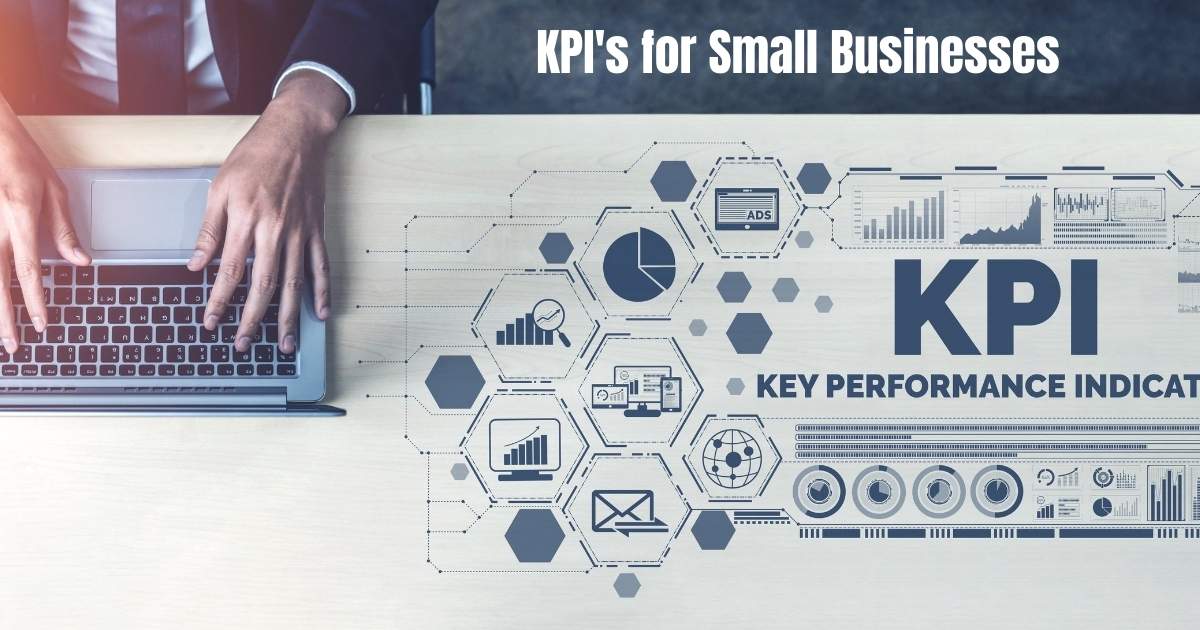KPI’s for Cairns Small Businesses – You can do it!
Key Performance Indicators or KPI’s can be and should be used by businesses of all sizes. Larger enterprises use them extensively to measure progress in all aspects of their business. Not used to the same degree in small business due to the availability of resources, however it remains just as important for a small business to be able to monitor its performance in achieving both its short-term and long-term goals. Combined with common sense, KPI’s can be a very effective business management tool for Cairns small business owners and operators.
Typically, a larger organisation will have more resources available to more effectively develop, measure and report on KPI’s than a small business. A small business will require some guidance from their Cairns tax accountant in the first instance and maybe some assistance with interpretation when needed, however by following a number of important guidelines and strategies they can be used just as effectively by any small business.
So, for a small business owner that wants to start using KPI’s to drive their business forward, where do they start, how do they choose the right KPI’s to monitor and how do they interpret the results?
With small business in mind, I have put together a list of what I think are the fundamentals in the effective use of KPI’s for Cairns businesses. It’s not an exhaustive list of everything you need to know about implementing KPI’s in your business but use it as a guide and a starting point and it will provide you a good basis to expand your knowledge.

Fundamentals in using KPI’s effectively in Cairns small businesses
1. Understanding KPIs
If you don’t already, take some time to gain a general understanding of what a KPI is and looks like. Per definition they are a measurable value that demonstrates how effectively a business is achieving its key business objectives. They are able to paint a picture of how your business is performing in relation to the goals and strategy of the business. They are a quantifiable measure based on a time period for a specific business objective.Typical Financial KPI’s which you might have heard of before are:
-
-
- Net profit margin = net profit/total revenue – will tell you how profitable your business is.
- Quick ratio = cash plus accounts receivable/current liabilities – important for cash flow management and will tell you whether your liquid assets are enough to meet short term liabilities.
-
Typical non-financial KPI’s include such measurements as customer satisfaction rates and employee retention rates. They are just as important as financial KPI’s as discussed further below at point 9.
2. They’re called KPIs for a reason
Remember they are called Key Performance Indicators for a reason. Every business will have a multitude of performance indicators they could measure and monitor but the trick is to carefully choose the right KPI’s for your business. Just because it can be measured doesn’t mean it needs to be measured. Otherwise, you will suffer from what is known as KPI overload and you will lose sight of what is important.
3. The best starting point is Strategy
Every Cairns business is unique but for each the best starting point is strategy. KPI’s should be aligned with both the short-term and long-term goals of the business and each goal should have a KPI that will allow success of that goal to be monitored and measured. Think of it as reverse-engineering your KPI’s from your business goals.
4. Set SMART goals
SMART stands for Specific, Measurable, Achievable, Relevant and Timely. SMART goals will lead to SMART KPI’s that will provide clarity on performance expectations throughout the organisation. KPI’s set to measure objectives and goals that are not developed following the SMART principle can result in misunderstanding and be seen as unattainable and lead to inefficiencies and sometimes negative consequences.
5. A Balanced approach
Take a balanced approach in determining what KPI’s are used. Similar to setting your goals they shouldn’t just be based on financial performance. You need to consider other elements of your business such as customers, employees, risk and operations. A bias towards financial goals may result in a detrimental impact in other important areas of the business. This can happen as a result of resource reallocation in favour of achieving the KPI’s that are actually measured.

6. Everybody needs to know
KPI’s need to be understood by everyone in the business. To create a KPI driven culture KPI’s need to be clearly understood so that each person in an organisation can make the right choices in deciding on what makes the biggest impact. Larger organisations have found improvements in understanding will follow from structured training programs.
For a small business however, with different budget constraints, an alternative approach may need to be taken. Communication is the key, owners and managers need to take ownership in ensuring each employee understands the KPI’s and how their actions can impact them.
Regular feedback and discussions through team meetings would be an effective way of developing a greater understanding amongst all employees. Using an interactive dashboard and visualizations can also be very effective. The greater the understanding the greater the empowerment and engagement.
7. Measure regularly
KPI’s need to be measured regularly and form an integral part of the reporting framework. This will ensure timely action can be taken in the event a correction needs to be made.
8. Interpretation is key
Be able to interpret what the KPI’s are telling you before you take action. Having a thorough understanding of what the metrics mean for your local Cairns business will go a long way in ensuring the correct decision is made. You might need to refer to your accountant again here for some guidance on a regular basis, at least initially, but it won’t be long before you gain real insight into the metrics that play an important role in your business.
The interpretation of the KPI measure goes hand in hand with having an understanding of the typical cycles and trends that may affect your business. For example, there may be little you can do as the change in the KPI is due to the normal ebb and flow that most small businesses need to work within.
9. Mix it up
Use non-financial KPI’s as well as financial KPI’s. There should be a good mix of both to effectively monitor and measure business performance. Non-financial KPI’s can act as a leading indicator and predict future impacts on longer term financial KPI’s as they measure what is happening now. Financial KPI’s are referred to as lagging indicators as they measure past performance.
For example, a small business could monitor the number of website enquiries as a leading indicator of future revenue growth or monitor employee productivity as an indicator of future profitability. Understanding the relationship between these leading indicators and lagging indicators is a very powerful management tool.
10. Look for the trend
The trend is just as important. Some KPI’s are meaningless due to the measurement being at a particular point in time. It’s the regular measurement of that KPI over a period of time that will tell you a story.

11. Monitor your cash
Each business is unique and KPI’s used across different businesses will vary accordingly. However, KPI’s that monitor cash should be used by every business. KPI’s such as cash balance, debtor and creditor days, working capital ratio and cash conversion cycle monitored closely will provide early warning of impending problems.
12. Update and change
Be prepared to update and change your KPI’s. Over time your business will need to evolve to meet changing demands from your industry, market and customers. Your KPI’s will need to be updated to stay aligned with your changing business goals.
13. Celebrate success
Celebrating success will drive employee motivation and engagement. Without it all the hard work in creating a KPI driven culture will be undone. It can be as simple as a team lunch or an early knock off, it’s the recognition of the hard work and contribution from everyone that will set the agenda for achieving next month’s targets.
Conclusion
As a final note, KPI’s don’t need to be scary and please don’t be put off with the belief they are something only your tax agent, Cairns will understand. Start with some basic KPI’s and gradually build your knowledge. Along the way you will develop an in-depth knowledge of your business metrics and gain an appreciation of how truly powerful a management tool KPI’s can be for your business.
For further information or assistance, don’t hesitate to contact your local tax agent, Cairns at Adcock Accounting.
About the Author
Anthony Adcock is a business advisory and tax professional with over 25 years experience in working with business owners on their business. Anthony has first hand experience in developing and using KPI’s to drive change and increase profitability in small business operations.
This advice is general in nature and has been prepared without taking into account your particular financial circumstances, needs and objectives. Before making any decision, you should assess your own circumstances and seek professional advice from your financial and/or taxation advisor.
“Liability limited by a scheme approved under Professional Standards Legislation.”




